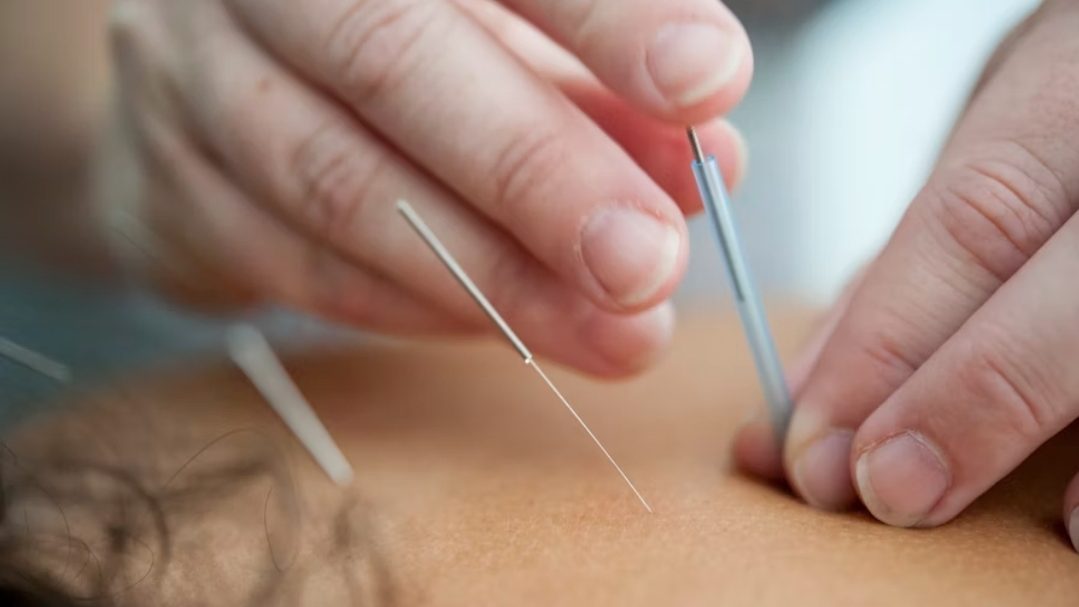SINGAPORE: Traditional Chinese Medicine (TCM) clinics in Singapore have reported that demand from women has seen a sizeable 10% increase as more and more Singaporean women seek TCM treatments to regulate their bodies and improve their chances of pregnancy.
Some clinics told 8World that they have also observed that women seeking TCM treatments for fertility reasons are trending younger.
One woman, 42-year-old Ms Xie (transliterated from Mandarin), told 8World that she has had three failed IVF attempts. Before her fourth attempt, she saw a TCM practitioner twice a week and took special care of her diet and nutrition.
She finally conceived naturally, and her baby is now nine months old.
Ms Xie said: “I think acupuncture makes people feel very relaxed. In this fast-paced society, we are all very busy, and this treatment can force you to relax.
I think it is a combination of all the efforts. At that moment, you will not know what exactly can help you conceive.”
TCM practitioners employ a combination of treatments, including oral supplements and acupuncture, to support women struggling with infertility.
A senior acupuncturist told 8World that patients’ ages range from 26 to 45 years old, with a variety of conditions such as ovulation problems, poor ovarian quality, and unexplained infertility.
He noted that TCM methods typically require about three months of treatment to see improvements in fertility, but many patients become pregnant naturally during the treatment process.
One TCM clinic reported that three to four women come for body conditioning each month to increase their chances of conception. This number has grown by 10% to 15% year-on-year.
TCM methods like acupuncture for infertility are becoming increasingly recognized as a complementary treatment to conventional fertility methods such as IVF and IUI.
According to Chinese tradition, acupuncture involves placing hair-thin needles into specific points on the body that align with energy lines known as meridians.
TCM posits that imbalances in the body’s energy can lead to various illnesses, including infertility, and stimulating specific points can correct these imbalances.
Research on the effectiveness of acupuncture in aiding fertility is, however, mixed.
A 2008 study from the Center for Integrative Medicine at the University of Maryland’s School of Medicine conducted a meta-analysis and found that acupuncture on the day of embryo transfer led to statistically significant improvements in clinical pregnancies, ongoing pregnancies, and live births.
However, many other studies have failed to replicate these results, and some even suggest that acupuncture may decrease pregnancy rates.
Despite conflicting research, one aspect of acupuncture is universally acknowledged—the relaxation response. Even in studies where acupuncture did not improve pregnancy rates, patients reported feeling more relaxed and optimistic after treatments.
Given the high levels of stress that couples endure during fertility treatments, the relaxation and reduced stress associated with acupuncture could provide much-needed relief.
As Singaporean women continue to explore alternative fertility treatments, the role of TCM, especially acupuncture, in supporting fertility and conception is likely to remain a topic of interest and ongoing research.

